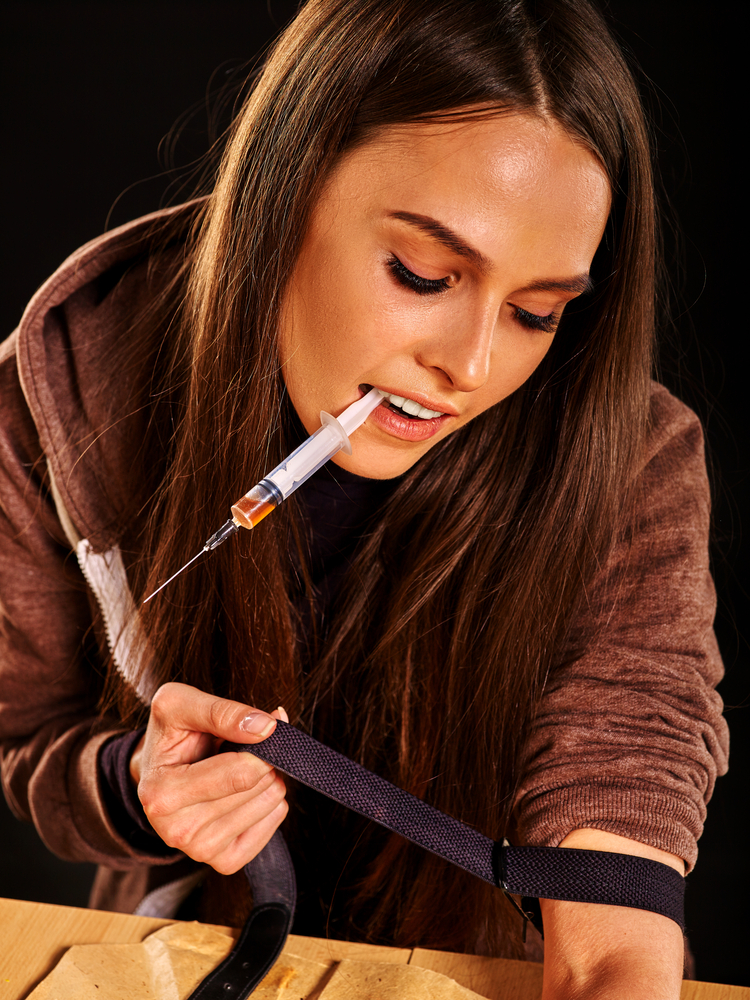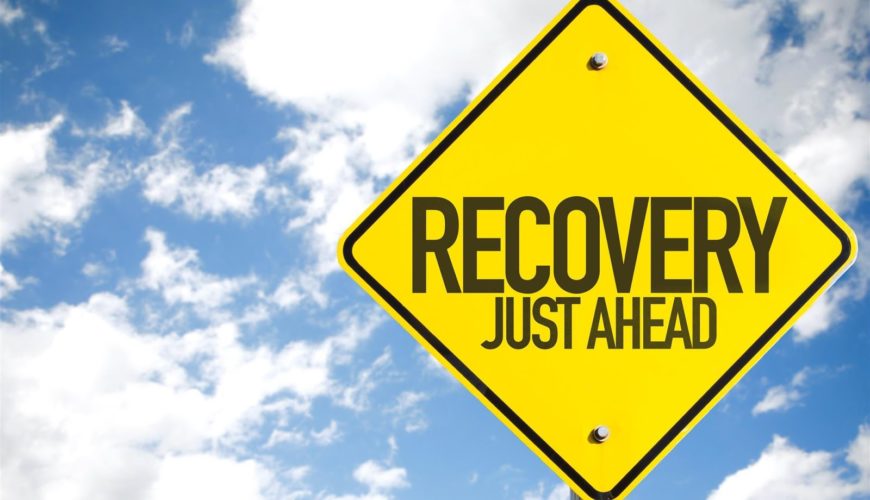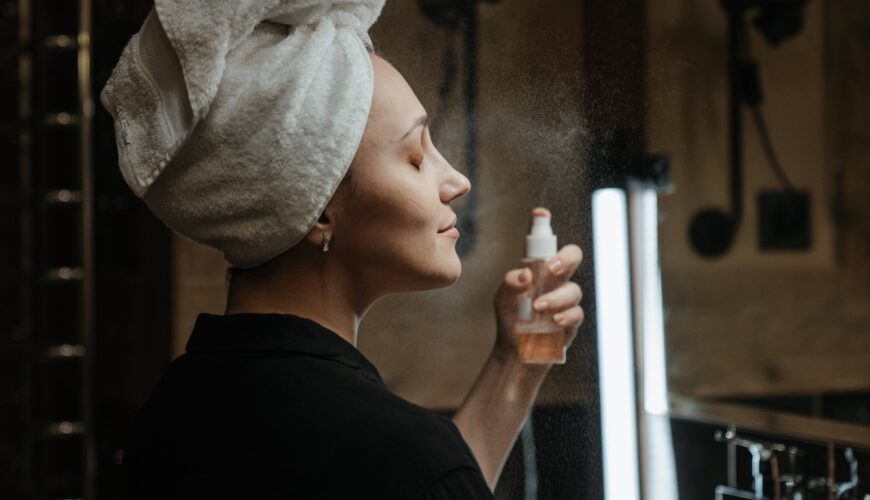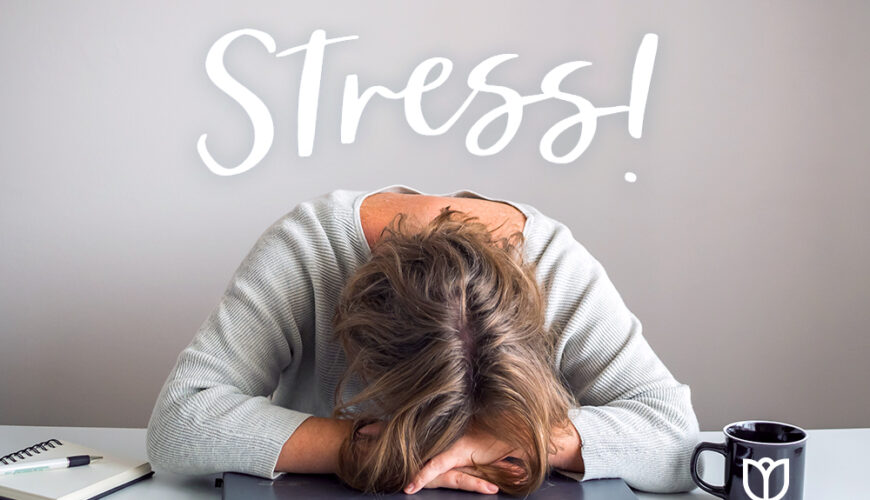Taking opioid medications intended for moderate to severe pain, such as short-term pain relief after surgery or for pain associated with cancer, potentially contributes to millions of Americans experiencing opioid abuse or addiction.
Women are particularly at risk for opioid abuse. Women that abuse opioids have the opportunity to receive treatment when entering an addiction rehab for women program.
Drugs and pregnancy don’t go well together, taking Suboxone while pregnant also has negative effects.
Women and opioid abuse

One of the most-prescribed medications for women is opioids. The National Women’s Health Network explains that 65 percent of all opioid prescriptions are written for women and that women are 40 percent more likely than men are to experience persistent opioid use after undergoing surgery.
The use of illegal opioids also showed recent increases among women. The use of heroin doubled between 2003 and 2012.
Several life factors possibly affect a woman’s decision to use opioids other than how prescribed or to turn to illegal opioids sold on the streets. Women exposed to emotional, physical, or sexual abuse during childhood or in adulthood are more likely to abuse drugs.
While many women that abuse opioids receive a prescription for the drug from a physician, many women get prescription opioids from family members or friends.
There are alarming increases in the number of women dying of opioids in recent years. The Research Triangle Institute (RTI) reveals information from the National Institute on Drug Abuse (NIDA), explaining that mortality rates associated with opioid overdose increased 507 percent among women, from 1999 through 2016.
Opioid addiction rehab for women

Treating opioid abuse in women requires some different techniques compared to substance abuse treatment in men. Studies show that women have unique treatment needs, with several factors that likely predict or influence retention in substance abuse treatment. Those who find themselves dealing with the addiction look to clinics similar to Habor Village to get opioid addiction treatment.
A woman’s relationships, whether a woman has children, and the presence of co-occurring disorders likely contributes to making treatment decisions. There are other important considerations of addiction rehab for women, including whether there is a collaborative approach to treatment and if the treatment occurs in a supportive environment.
Professional staff at sober living homes for women often treats the whole person, not just the woman’s opioid addiction needs. Receive your treatment at an addiction program for women that uses a comprehensive approach in a supportive environment, and you likely increase your chances of successful recovery from opioid abuse.




